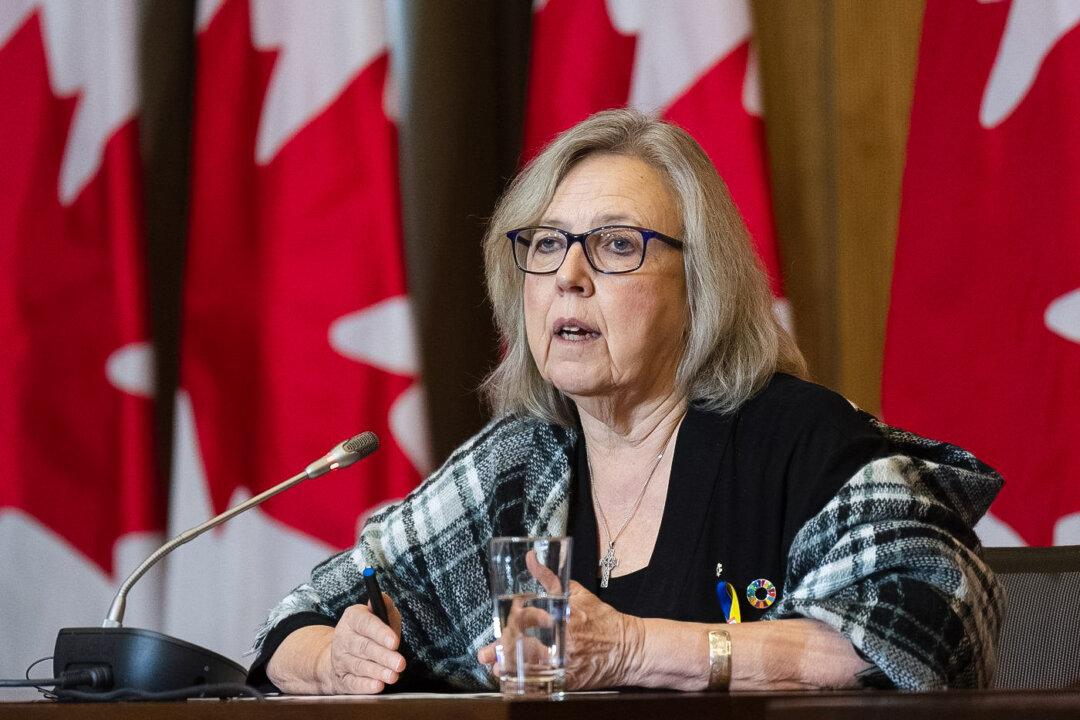Green Party Leader Elizabeth May urged colleague MPs not to advocate for the release of names of parliamentarians reportedly involved in foreign interference, saying doing so would jeopardize national security, and that to her knowledge, no lawmakers are “compromised.”
May made the comments during a rare appearance at the House of Commons public safety committee on Oct. 18. Back in June, she had provided different information, saying that fewer than a handful of MPs “may be compromised” after she read a bombshell report from a national security watchdog committee composed of MPs and senators.





